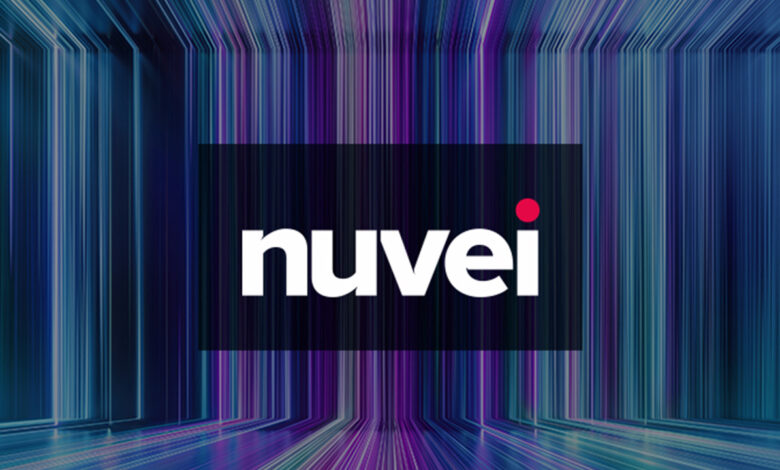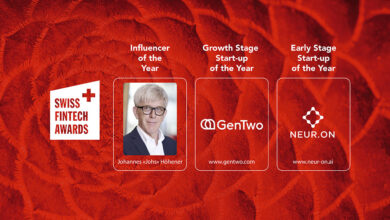What Does Nuvei’s Go-Private Deal Portend for FinTechs?

The FinTech landscape may be altered by go-private deals, as private equity firms and other corporates find value in the space — and where, arguably, valuations don’t reflect the potential of changes in payments processing, and especially payments acceptance.
Nuvei stands out there, as, in April, the Canadian FinTech announced a $6.3 billion deal with private equity firm Advent International after weeks of media reports that the company was in the midst of acquisition talks.
To that end, and as detailed in a Tuesday (May 14) proxy filing, Nuvei advised shareholders to vote for the go-private deal at the June 14 meeting being held for that purpose. The $34 cash consideration has been termed an “attractive premium” of as much as 56% of the company’s share price in mid-March, ahead of media reports of a deal in the works.
The agreement, per the filing, is “in the best interests of the company … and represents an increase of approximately 42% from the consideration initially proposed by Advent.”
The read across here, we note, is that a) Advent was willing to pay up and b) Nuvei sees more opportunity operating in private hands, perhaps, than might be seen operating as a publicly traded company. In the latter case, firms are marked to market each and every day, and each trading day on the exchanges can be and often is volatile.
By the Numbers
In a separate Securities and Exchange Commission (SEC) filing, we see that, in its analysis of valuation, TD Bank estimated a 16% CAGR growth rate through the next five years for Nuvei’s revenues, with a slightly higher CAGR for adjusted EBITDA (often used by investors as a proxy for free cash flow). Interestingly, the B2B, government and ISV segment is forecast to have an even more accelerated growth rate, with a CAGR of 24% through the next several years according to other forecasts contained within the TD reports.
Generally speaking, Nuvei enables partner firms to offer all manner of online payments into their end markets. Per the company’s site, Nuvei enables 700 payment methods spanning 150 currencies.
Nuvei’s journey from initial public offering (IPO) to private-deal-target may offer signs of hope for members of the FinTech IPO Index that have also sought to transform payments. As of this writing, the Index is up 6%, but as we can see below, only five companies are trading above their offer price. Several firms are trading as much as 90% below their IPOs. The overall Index is trading up by 6% year to date, significantly below the roughly 10% gains for the Nasdaq and S&P 500 stock indices.
The valuation metrics show that the price to sales ratio for the group is about 3x, below the Nasdaq’s 5.2, but many of these companies are growing sales more quickly than other tech firms and the market cap is about $153 million, on average. On this last point, the firms would be ostensibly “easy” for a private acquirer to digest. Standard and Poor’s estimated late last year that private equity firms have as much as $2.6 trillion in “dry powder” on the books.



